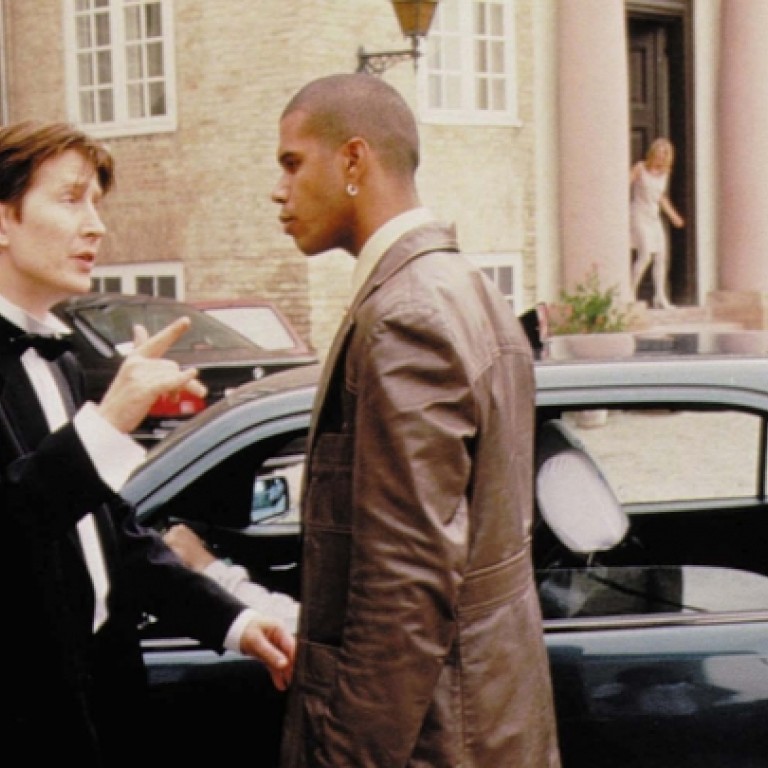
Art house: The Celebration
Andrew Sun
When art house fans talk about the Dogme 95 manifesto, it’s mostly in reference to Lars von Trier. But fellow Danish filmmaker Thomas Vinterberg’s The Celebration (1998) was the first film ever produced under its strictures.
As co-author of the collective’s “Vow of Chastity”, Vinterberg led the avant-garde movement to strip filmmaking down to its most basic form. They shunned special effects and lighting, camera tricks, superfluous music, props, and avoided genre formats as well as geographic and temporal space manipulation (meaning no flashbacks, outer space fictions or historical settings).
Reducing filmmaking to such austerity wasn’t just a reaction against Hollywood fakery; they believed it would allow a project to delve more deeply into its truth and storytelling. The Cannes Film Festival clearly agreed, because the judges awarded Vinterberg’s work the 1998 Jury Prize. But in retrospect, the film is orthodoxy taken to a minimalist extreme.
The Celebration is a domestic chamber drama, but it resembles a gothic and absurd home movie. A gathering of family and friends arrive at a country inn to celebrate the 60th birthday of its owner (Henning Moritzen). But over dinner, eldest son Christian (Ulrich Thomsen) drops a major bomb by accusing his father of childhood sexual abuse, and says this is the reason for the recent suicide of his twin sister. From there, the candlelit formal dinner degenerates into drunken disorder and fist fights in the garden.
The revelation of ugly family skeletons is nothing new in the movies. From the start it is obvious the evening will not be pleasant. A hot-headed brother, Michael (Thomas Bo Larsen), dumps his wife and children on the side of the road. Sister Helene (Paprika Steen) invites her African-American boyfriend to the dinner, bringing latent racist sentiments out in the party guests.
The resentment of the property’s staff is slowly bubbling to the surface, too.
The anti-bourgeois satire is not short on verve and energy. Shot on cheap grainy video, The Celebration looks like a rough amateur film cut by Martin Scorsese.
Although the manifesto dictates that the works be free of manipulation and stylised filmmaking, Vinterberg offers some interesting flourishes in crosscutting scenes, diving his handheld camera from oblique angles and using abrupt and rough sound cuts to suggest chaos.
Actually, Vinterberg might have defied his own guidelines with such dynamic direction. He is not as misanthropic as von Trier, so the inherent melodrama is more tragic than comic. Some of the family dysfunction and denial does get tiresome as the evening drags on, particularly when the cast gets into full-scale screaming matches.
The Dogme collective disbanded around 2005, but its aesthetic has been adopted by directors like Michael Haneke, who push raw unemotional intensity to new extremes.
One reason the movement never gained any real traction is that beyond their highminded revolt against conventional cinema, von Trier’s and Vinterberg’s unfiltered presentation and confrontational subjects come across as little more than Euro versions of trashy voyeuristic reality television.
Only the Dogme members’ formal abilities and mise-en-scene skills elevate their naked storytelling from what otherwise might be Jersey Shore Scandinavian-style.
The Celebration, June 23, 5.45pm and July 6, 7pm, Hong Kong Arts Centre, Wan Chai. Part of the HKIFF Cine Fan programme
